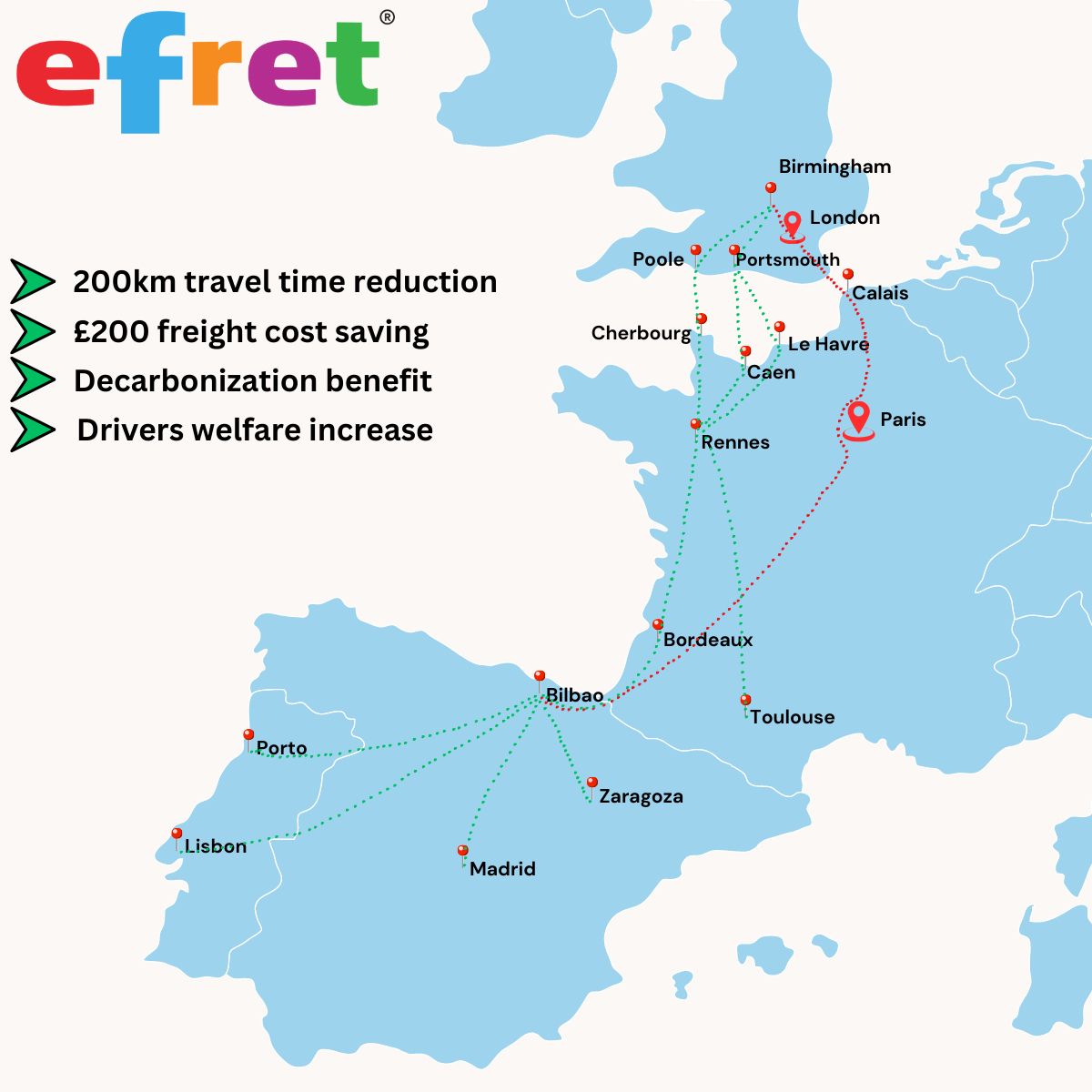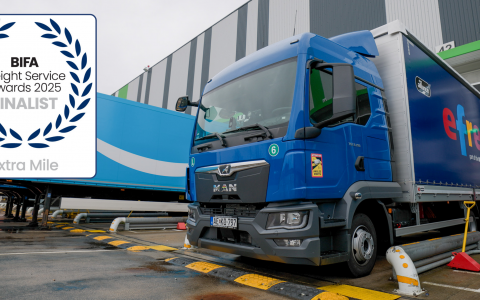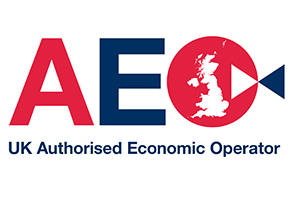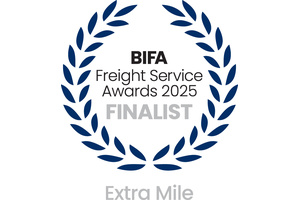Why logistics operators should not ignore the western channel ports for freight transport to and from Europe

Over the last decade, the Anglo-European freight business has seen an overwhelming focus on shipping via the Channel Tunnel, obviously attracted by high departure frequencies and familiar transit routes between the UK and central Europe.
However, this route planning decision often ignores the huge delays from the outbound departure point on the Kent coast that has been known to regularly extend to 50km eastbound on three lanes. These dramatic delays at the point of export are exacerbated even further when circumnavigating London during the rush hour.
Typically, this is when many trucks will hit the M25 having finished loading in Birmingham in the middle of the afternoon before industry closes. Factor in the impact of those delays to drivers’ duty hours and getting to Folkstone the same evening, on route to Europe, is often jeopardised. If the driver can navigate all of these obstacles overnight, he or she is likely to hit the Paris peripherique (the equivalent of the M25) in the next morning’s rush hour, inevitably causing more delay.
Channel Tunnel routing can still be justified by geography and the sea crossing cost to eastern Europe, and it’s definitely an easier logistical task for haulier’s traffic managers. However, when it comes to shipping to and from the UK to Western France, Spain and Portugal, this is a different story. The Atlantic corridor is a highly populated, commercial region and the operational decision to consider the western ports of Poole or Portsmouth starts to make a lot of sense from a cost and environmental point of view.
For example, in a full truck freight movement from Birmingham, in the UK midlands, to major French cities such as Rennes, Bordeaux, Toulouse or Spanish and Portuguese industrial centres such as Bilbao, Zaragoza, Madrid, Oporto and Lisbon, we can estimate that:
- The door-to-door distance will on average be 200 kms shorter.
- Drivers will not have to cross London’s M25 and Paris’ peripherique saving driving hours, fatigue, delays due to rush hour queues and traffic accidents.
- This saves cost in terms of fuel used and tolls.
- On the other hand, shipping Poole>Cherbourg, Portsmouth>Ouistreham, Le Havre or St Malo, drivers will be able to have their legal rests whilst traversing the English Channel. The EU & UK driving hours regulations favour these long sea routings in so far as boarding on and off ferries is not affecting the off-duty regulations.
- Motorways and A roads through the Atlantic Corridor are significantly less congested than in the more eastern part of Europe.
- It is true that these routings require more precision and discipline in traffic management; an art that Spanish and Portuguese road hauliers have finely mastered hence their resounding success on these markets.
The reduction of 200 kms from the international truck movement, taking into account the slightly more expensive cost of crossing the channel via western ports, is approximately €200 – a huge saving.
The resulting improvements to the driver’s welfare should not be underestimated. As a responsible employer, making operational decisions that provide our driving professionals with a safer and more pleasurable working environment are also tangible benefits that should not be ignored.
In a time when rampant inflation is affecting the supply chain as an increasing part of manufacturing costs, then there is an opportunity for responsible logistics companies and their clients to make some decent savings that will benefit everyone, including the consumer.
And perhaps, even more importantly, is the impact that European road transport has on the environment. To shave 200 kms worth of CO2 from many thousands of full truck loads per year would be a significant boost to supporting the decarbonisation and sustainability objectives of UK and EU governments that are enforced on major manufacturers.
Efret is a specialist in transport to and from France, Spain and Portugal and is well equipped to offer cost effective solutions, taking advantage of this intelligent operational benefit.
Recent articles

Efret proud to announce renewal of AEO accreditation
5th February 2026 1 minute read

Efret welcomes Tendron as GB Global bolsters European network
28th January 2026 1 minute read

Efret Shortlisted for BIFA ‘Extra Mile’ Award 2025
29th October 2025 2 minute read

Efret Shortlisted for Van Business of the Year at Logistics UK Awards 2025
20th August 2025 2 minute read










